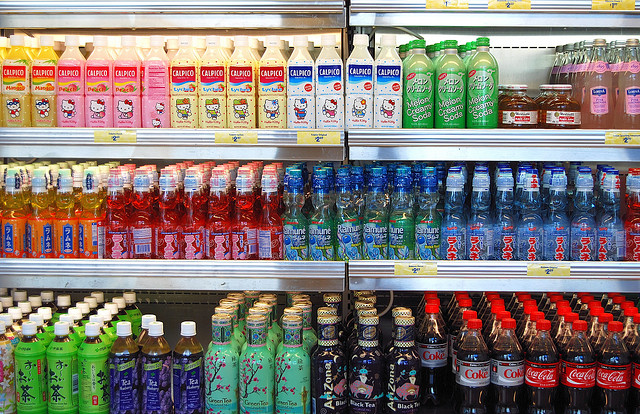The sugar tax debate
The petition, calling for a tax of up to seven pence per 330ml can of soft drink, was launched last week by celebrity chef, Jamie Oliver.

Already it has gained over 120,000 signatures and Parliament considers all petitions that reach over 100,000.
Oliver took to Twitter to thank those who joined him on signing the petition, “We did it! To the 100,000 and lovely people in the UK, thank you for signing and supporting the petition.”
He believes the move has the potential to generate almost £1 billion a year to help tackle the childhood obesity epidemic.
Popular restaurant chain ‘Leon’ and Oliver’s own restaurants have already put a ten pence price increase on the sugary drinks featured in their menus.
The largest source of sugar
Recent studies have found that fizzy drinks are the largest source of sugar in the diets of young children and teenagers in the UK. It is believed that tooth decay as a result of sugar is the main reason for young children under 10 being admitted to hospital.
The Food and Drink Federation said that although they welcomed a parliamentary debate, taxes are not the answer to fighting the obesity problem.
Ian Wright, FDF director told FoodManufacture.co.uk, “We welcome the prospect of parliamentary debate, but maintain the view that they have been shown to be ineffective and flawed in concept.
“Additional taxes are not the answer, this is a view shared by the Department of Health continuing to rule out a sugar tax.”
Despite this, Wright added that now is the time for a conversation regarding the nation’s health. He believes that to inspire action and a collaborative movement, only science-based evidence is capable of tackling the obesity problem long-term, not a tax on sugar.
The FDF shamed Oliver for “over-simplifying the obesity debate”, accusing him of contradicting opinions for taxing fizzy drinks, but not yet displaying the food’s nutritional information on his menus.
What do you think, will a tax on sugar make a difference?

Find a nutritionist dealing with Infants and pre-school children
All nutrition professionals are verified


